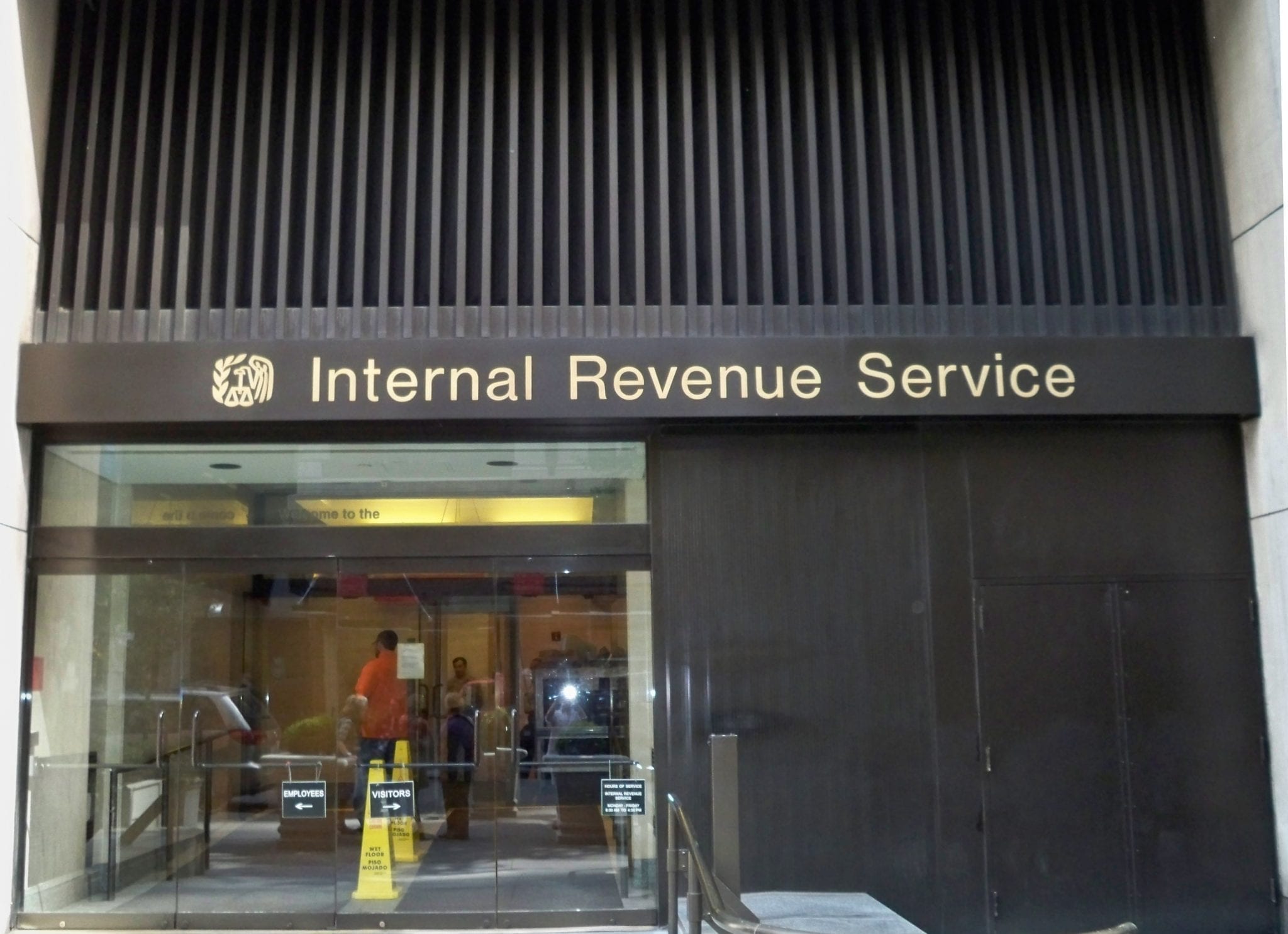The I.R.S. is getting ready to employ the services of four private debt collectors in attempt to collect past-due taxes.
Critics of the plan, including consumer watchdog groups, have warned that employing private debt collectors could encourage scammers to try extorting vulnerable and low-income Americans with outstanding I.R.S. balances. The Justice Department recently brought indictments against 56 Indian nationals who had conned taxpayers out of over $300 million.
The I.R.S. has traditionally handled debt collection independently. By and large, agents were not allowed to telephone persons with past-due balances. Correspondence is regularly done through the mail and in person.

No matter the potential for criminal abuse and strong-arm collection tactics, a number of Democratic and Republican legislators alike have praised the planned outsourcing of I.R.S. debt recovery services. Tentative forecasts estimate that about $2.4 billion in past-due taxes could be brought back to the federal government if businesses are contracted to assist.
“Collecting tax debt that’s due and not in dispute is a matter of fairness to the many taxpayers who pay what they owe,” said Sen. Charles E. Grassley (R-IA). “It’s been clear for a long time that the I.R.S. isn’t collecting the debt that these contractors will focus on.”
The New York Times reports that the Internal Revenue Service has tried twice in the past to outsource recovery efforts to private collectors. Initiatives which began in 1996 and 2006, respectively, were panned as failures. The latest attempt, just over a decade ago, cost the government more money to sustain than it reclaimed. The Times also made mention of the dark side of private collections – thousands of complaints were made about aggressive collection tactics, “including one oft-repeated horror story about an older couple who received more than 150 phone calls in less than a day.”
Lawmakers are less concerned with a possible repeat of past failures than a lopsided budget. Agency reports from the I.R.S. indicate that “some $138 billion in severely overdue payments” is outstanding on 14 million accounts.
Senate Minority Leader Chuck Schumer (D-NY) is a proponent of the move, citing 300 jobs created in upstate New York by collection agency Pioneer Credit Recovery as a result of an I.R.S. contract.
However, Pioneer, a subsidiary of Navient, has come under fire for its collection practices in the past. The business was “effectively fired by the Education Department,” according to the Times, for “misleading borrowers about their loans at what the department called “unacceptable high rates.””
Critics of the latest go at contracting include Nina E. Olson, a taxpayer advocate employed by the I.R.S. She heads the Taxpayer Advocate Service, which recorded that private companies employed to collect debt from 2006 through 2009 managed to recoup $86 million “while pursuing $1.6 billion in debt.” Once the contracts expired, I.R.S. agents brought in $139 million on the same amount, constituting a 62% performance increase over their private counterparts.
In an attempt to assuage fears of the private debt collectors strong-arming vulnerable taxpayers, the I.R.S. is reiterating that their contractors will be held to federal accountability standards. Any checks persons with past-due accounts taken on by collections agencies will be paid directly to the I.R.S., which also plans to send letters to the unlucky individuals whose debt is due to change hands.
Sources
Back-tax scam of 15,000 in U.S. ends with indictments of 56 people, 5 Indian firms
I.R.S. Enlists Debt Collectors to Recover Overdue Taxes
IRS will use private debt collectors, but warns of potential scams


Join the conversation!